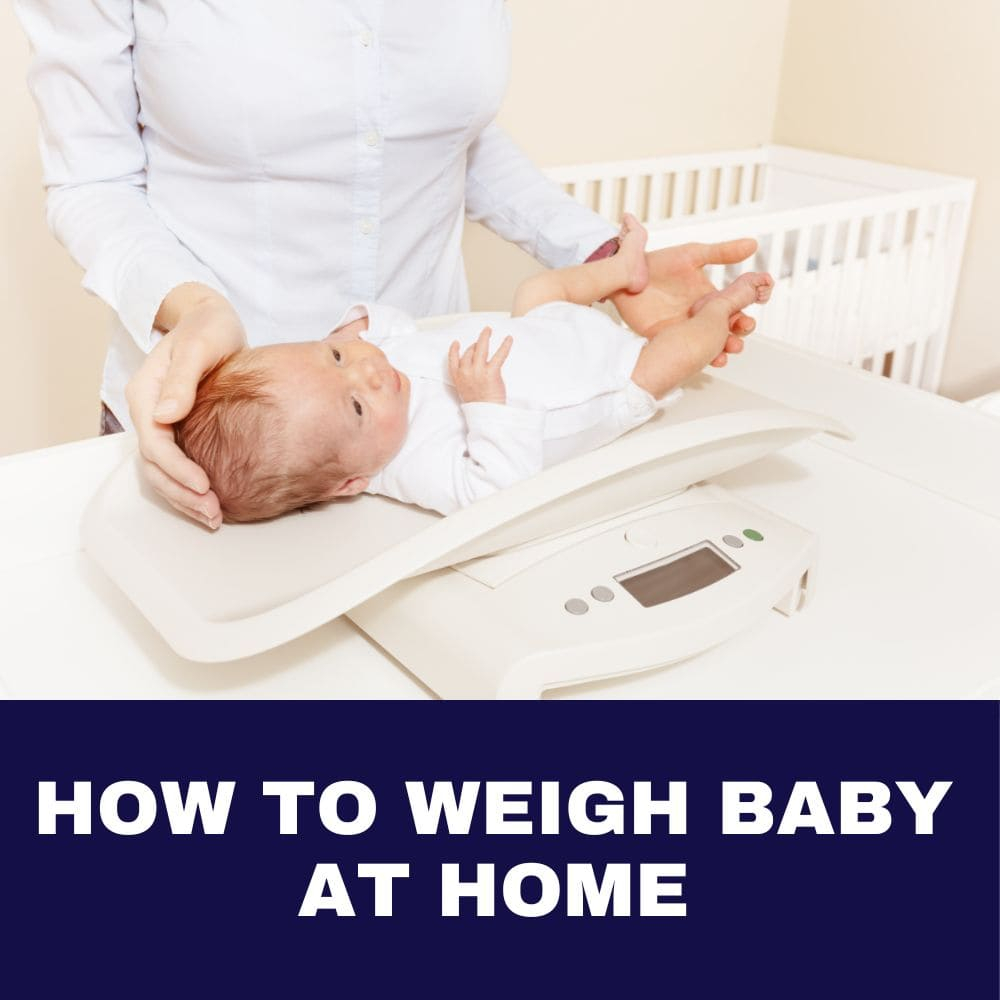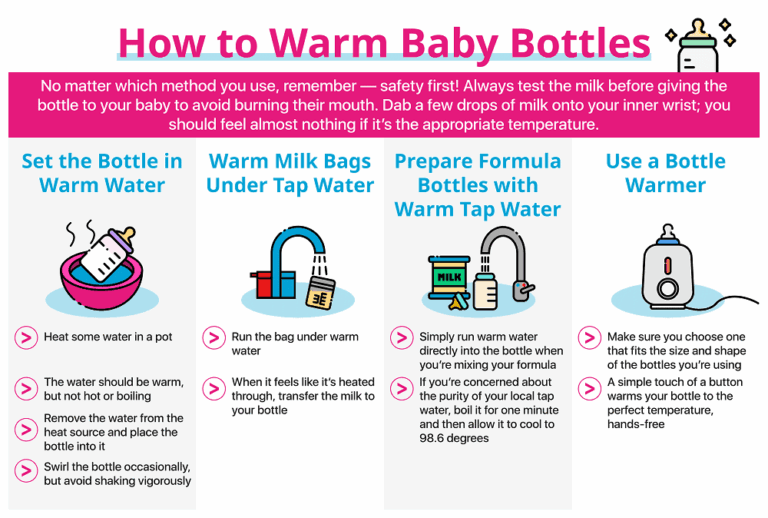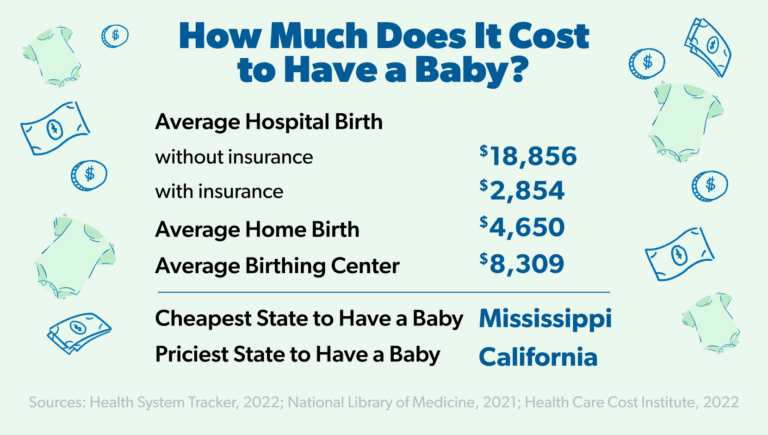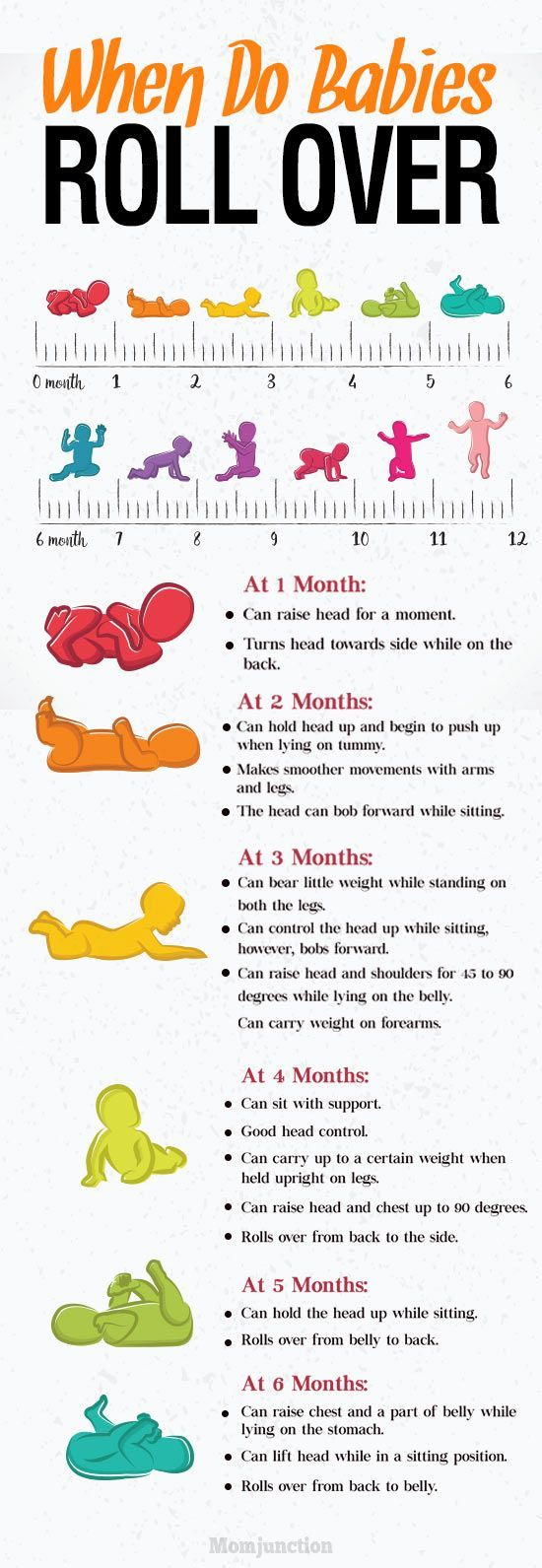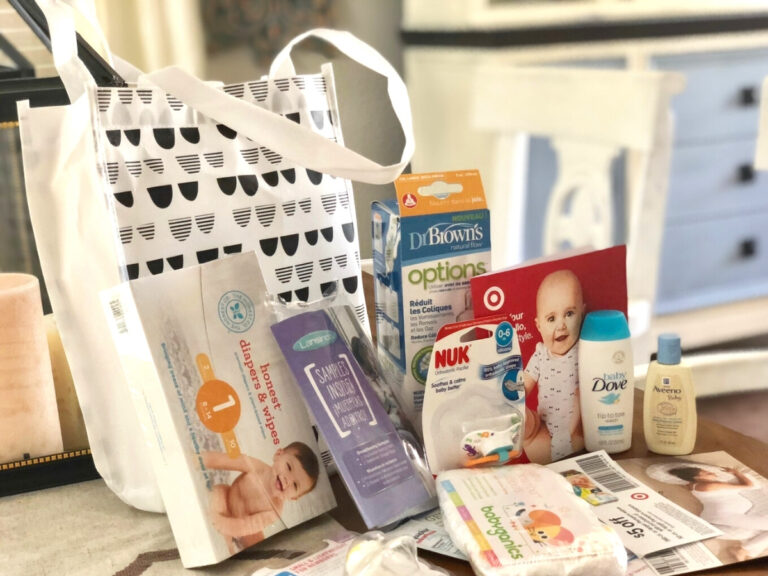How To Weigh Baby At Home: A Comprehensive Guide
Welcoming a new baby into the family is an exciting time, filled with joy and wonder. As a parent, it is essential to keep track of your baby’s growth and development, including monitoring their weight regularly. While regular visits to the pediatrician are crucial, knowing how to weigh your baby at home can provide you with valuable information between check-ups. In this guide, we will explore the best practices for weighing your baby at home, ensuring accurate results and peace of mind.
Knowledge
Before diving into the process of weighing your baby at home, it is essential to understand the significance of monitoring their weight. A baby’s weight is a critical indicator of their overall health and development. By tracking weight gain or loss, parents and caregivers can identify potential issues early on and seek appropriate medical attention if needed.
When it comes to weighing your baby at home, selecting the right scale is key. Opt for a digital baby scale that is accurate and easy to use. Make sure the scale is placed on a flat, stable surface to ensure precise measurements. Additionally, consider investing in a scale that allows you to weigh your baby while holding them, as this can make the process more manageable.
Experts recommend weighing your baby at the same time each day for consistency. The ideal time to weigh your baby is in the morning before feeding, as this can provide the most accurate measurement. While it is essential to monitor your baby’s weight regularly, avoid obsessing over daily fluctuations. Instead, focus on overall trends and consult with your pediatrician if you have any concerns.
When weighing your baby at home, it is crucial to follow proper technique to ensure accurate results. Start by placing the scale on a flat surface and turning it on. Gently place your baby on the scale, making sure they are still and not moving around. Record the weight displayed on the scale and track it in a journal or app for easy reference. Remember to subtract the weight of any clothing or diapers for an accurate measurement.
After weighing your baby at home, it is essential to interpret the results correctly. While every baby is unique, there are general guidelines for healthy weight gain. Consult with your pediatrician to determine if your baby is growing at a healthy rate and address any concerns promptly. Remember that weight alone is not the only indicator of your baby’s health, so consider other factors such as feeding, sleeping, and overall development.
Conclusion
In conclusion, knowing how to weigh your baby at home is a valuable skill for parents and caregivers. By monitoring your baby’s weight regularly, you can stay informed about their growth and development, and identify any potential issues early on. Remember to choose the right scale, follow proper weighing technique, and interpret the results accurately. While weighing your baby at home is not a substitute for professional medical advice, it can provide valuable insights and peace of mind. Trust your instincts as a parent and consult with your pediatrician if you have any concerns about your baby’s weight or overall health.
Ultimately, the ability to weigh your baby at home empowers you to take an active role in your child’s well-being and ensures they are on the right track for healthy growth. Stay informed, stay vigilant, and most importantly, enjoy the precious moments with your little one as they continue to thrive and flourish.
